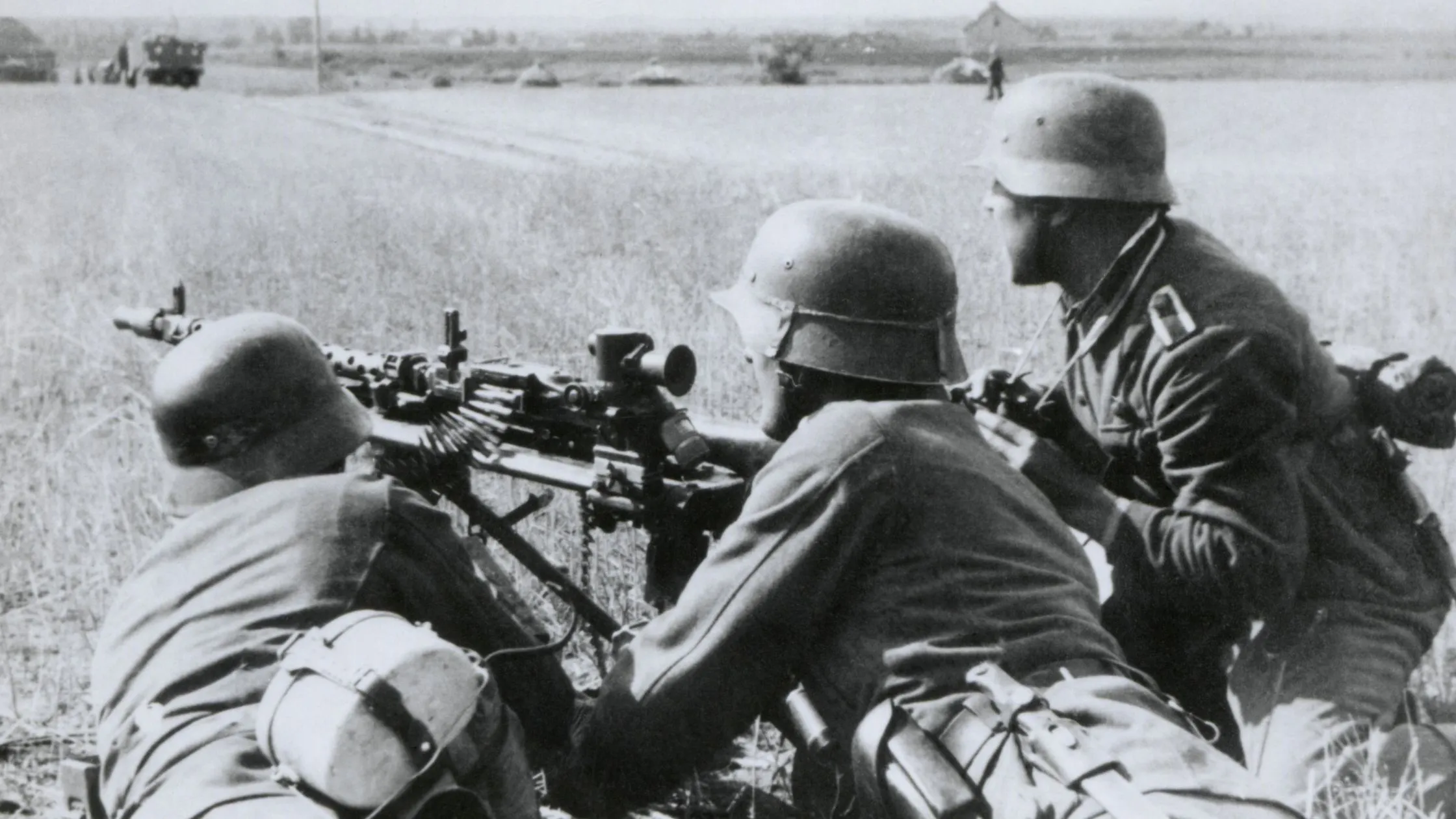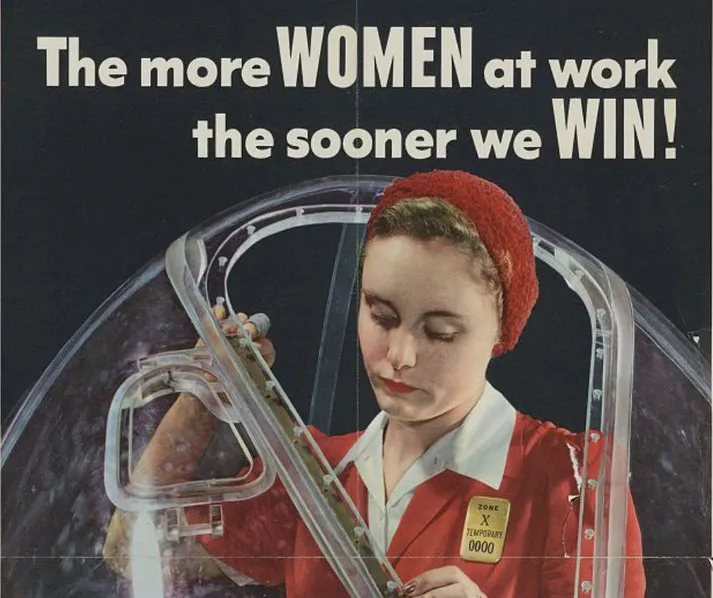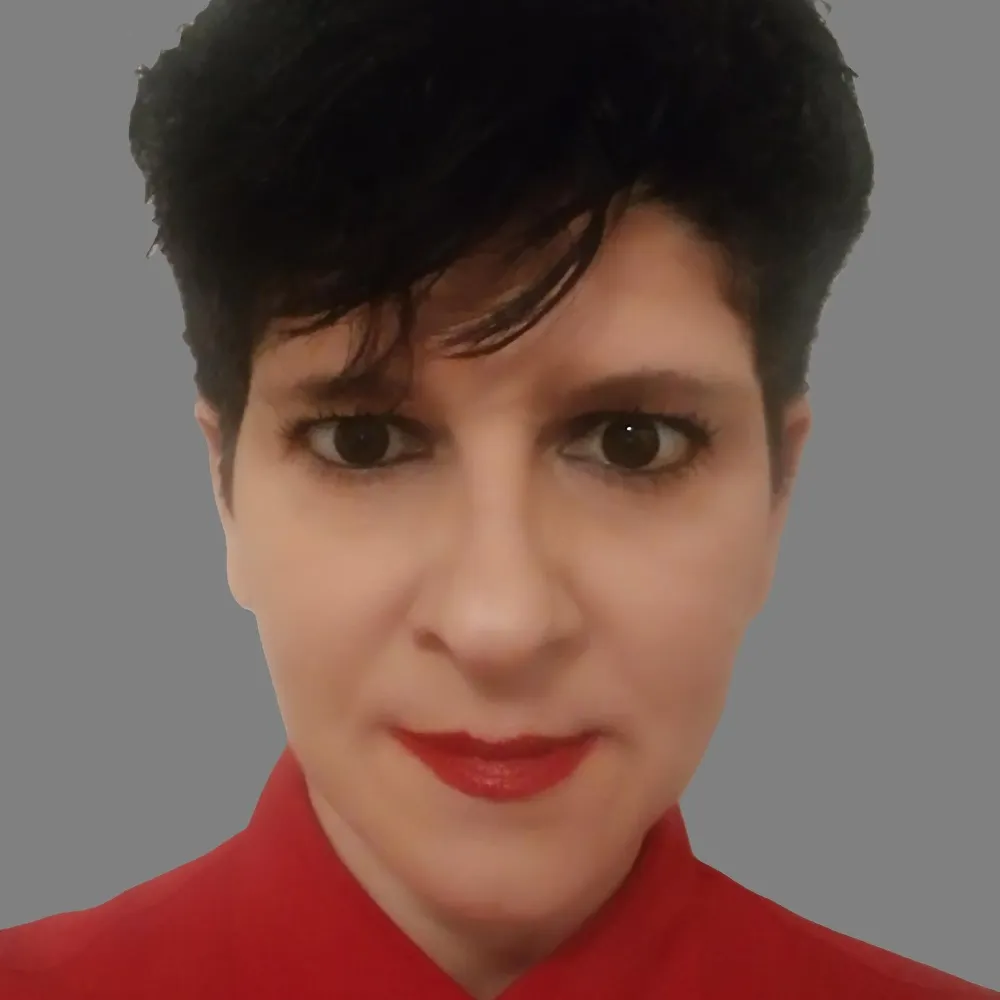World War II Project Ideas For High School Students


Did you know that almost 39% of all US servicewomen and servicemen of World War II were volunteers? World War II is filled with compelling stories and anecdotes that can make history projects more engaging. If you need some inspiration for your next history project, you will find this World War II project ideas list useful.
If writing extended pieces of argumentative prose is one of your strengths, you could write an essay. You are probably already familiar with this genre as it is widely practised in high schools across the world. Therefore, to make yours stand out as a piece that demonstrates in-depth understanding of World War II, you must choose an original topic.
Here are some ideas:
Explore the profiles of two of the most influential leaders of World War II: Winston Churchill and Adolf Hitler. This type of essay entails examining their leadership styles, decision-making methods, and the rhetorical techniques used to gain national influence. How did they rally people? How did they address conflict and dissent within their parties? Who were their role models?
This project encourages you to find differences and similarities between these leaders and will show competences in comparative historical research.
Discuss the the largely forgotten narratives of soldiers from colonized countries who participated in World War II. You can focus on the role of soldiers from, say, British India, French West Africa, the Caribbean. What motivated them to fight? What kind of treatment did these colonial soldiers receive in comparison to their European counterparts? And what happened when the war ended? You can use newspaper articles, letters, interviews, and photos to reconstruct their experiences and enrich your essay.
This type of essay will show a willingness to challenge the Eurocentric perspective found in many history textbooks and official accounts of World War II, which have tended to overlook the legacy of colonialism in this truly global conflict.
Explore the crucial roles played by millions of women who supported their home country during World War II. While men were drafted into the army and fought on the front lines, women stepped out of the confines of domestic life and took on jobs traditionally assigned to men, thus contributing to the war efforts on a par with their male counterparts. They became electricians, welders, clerks and codebreakers; they manufactured weapons and built aircrafts. In the Soviet Union, women even held combat roles within the army, which was an extraordinary decision in that era. The Western allied nations, for instance, did not allow this.
Traditionally, history textbooks have provided ‘gendered’ accounts of World War II, that is, accounts focusing on the role played by men, whether in the guise of soldiers, leaders or commanders. Therefore, this type of essay will show an understanding of gender issues and how these affect historical research as what we know about the past.

This type of project involves creating images (still or moving) in tandem with written texts, and writing poetry. They are ideal if you are a skilled image maker who enjoys creative writing and working across modes of communication and media.
Visual storytelling in the guise of comics and graphic short stories are a powerful way of showing your understanding of World War II. They appeal to the senses in a more complex way than the traditional essay since they convey meaning through both images, words and, even, colours You may use traditional drawing methods or digital software to create the dialogues and panels. You could tell the story of a female truck driver as an example of the crucial role played by women during the war, or of a child living through air raids.
Although this type of project involves less argumentative writing than the essay, it necessities an equal amount of research. Your project must have a clear narrative running through it. Your characters should accurately portray the language, clothing, and attitudes of the World War II period. It is also advisable to append a short written piece explaining the goals of your project and the meanings of the story.form your viewpoint.
Another impactful way of engaging with World War II history project ideas is creating a short documentary of 3-6 minutes. This type of project is conducive to group work since it requires several skills at once which a single student may not have, namely, directing, editing, script-writing and music scoring. Your documentary can focus on the resistance movements and wartime propaganda. To create the documentary, you can combine public domain footage, photos, voice over and background music.
The harrowing experiences brought about by World War II led many established poets (such as W.H. Auden and Dylan Thomas), civilians and soldiers to write poems about the war itself. If you have a flair for creative writing and, especially, writing in verse, you could express aspects of World War II through poetry. You could embody the voice of a Jewish teenager hiding from danger, or that of a parent living through the terror of air raids. Choose various poetic structures such as free verse, haiku, and rhymed stanzas, and provide a brief explication for each poem..
Such a project will foreground your ability to combine historical research with creative writing to attempt to recover events and the experiences not found in official records and historiography. It will also enable you to explore the boundaries between fact and fiction and what counts as historical evidence, an important issue in history as discipline.
If you find the above ideas thought-provoking and would like to undertake a World War II research project, consider joining Indigo Research programs. At Indigo, we help high school students create publishable papers and essays by pairing you up with experienced academic mentors who will work alongside you from start to finish.



If world war projects help you think more deeply and express yourself more boldly, imagine what you could do with expert mentorship and support. The Indigo Research program presents an opportunity to advance your ideas by forming an original research project or literature review under guidance from world-class mentors.
.png)
If world war projects help you think more deeply and express yourself more boldly, imagine what you could do with expert mentorship and support. The Indigo Research program presents an opportunity to advance your ideas by forming an original research project or literature review under guidance from world-class mentors.